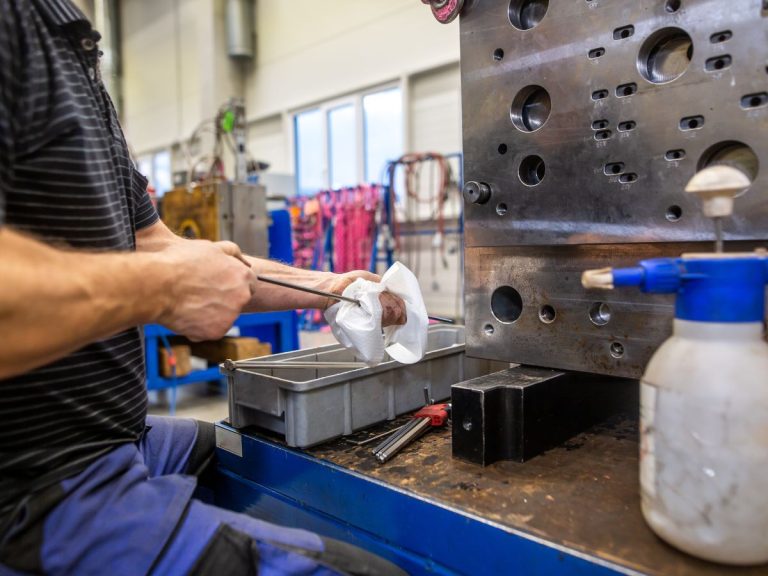The first weeks of a newborn’s life are filled with wonder, sleepless nights, and countless questions. For parents, one of the earliest milestones is the baby’s very first trip to the pediatrician. While it may feel overwhelming, understanding what to know about your baby’s first visit to the doctor can make the experience smoother, more reassuring, and even empowering.
This guide explores when to schedule the appointment, what to expect, how to prepare, and why this first checkup is such a vital step in your child’s healthcare journey.
When Should the First Visit Happen?
Most babies are scheduled to see their doctor within three to five days after birth. If your baby was born prematurely, had complications, or needed extra care in the hospital, the doctor may recommend an earlier visit.
This timing is important because:
- Babies need their weight and feeding assessed
- Jaundice often appears within the first few days of life
- Parents need guidance and reassurance during the early adjustment period
Why the First Visit Matters
This visit is not just about checking vital signs. It helps ensure your baby is healthy, establishes a baseline for growth, and builds the foundation of a long-term relationship with the pediatrician.
Benefits for Your Baby
- Early detection of concerns such as jaundice, dehydration, or feeding problems
- Tracking growth with weight, length, and head circumference measurements
- Monitoring reflexes, muscle tone, and overall physical health
Benefits for Parents
- Direct answers to newborn care questions
- Education about feeding, sleep, and safety
- Peace of mind knowing your baby is being cared for by a trusted professional
What Happens During the Appointment
A typical first doctor’s visit for a newborn includes several key steps.
1. Review of Medical History
- Parents provide hospital discharge information and share any concerns.
- The pediatrician asks about pregnancy, delivery, and family health history.
2. Growth Check
- Weight is measured and compared to birth weight.
- Length and head circumference are recorded and plotted on a growth chart.
3. Full Physical Examination
The doctor will:
- Listen to the heart and lungs
- Examine the abdomen and genitals
- Inspect the skin for rashes or jaundice
- Check the umbilical cord healing
- Evaluate reflexes and muscle tone
4. Feeding and Sleep Discussion
Parents are asked about:
- Frequency and length of feedings
- Breastfeeding challenges or formula questions
- Sleep patterns and safe sleep practices
5. Guidance for Parents
The pediatrician shares tailored advice about:
- Bathing and skincare
- Diapering and bowel movement patterns
- Immunization timelines
- Car seat safety
Common Questions to Ask
Parents should use this visit to get clarity on newborn care. Helpful questions include:
- How can I tell if my baby is getting enough to eat?
- How many wet and dirty diapers should I expect daily?
- What’s normal when it comes to crying?
- When will the first vaccines be given?
- What should I do if I notice a fever?
Preparing for the Visit
Preparation makes the first appointment less stressful.
What to Bring
- Baby’s discharge summary from the hospital
- Feeding log (including amounts, times, and frequency)
- A list of medications or supplements, if any
- Extra diapers, wipes, and a change of clothes
- Health insurance information
Tips for a Smooth Experience
- Dress your baby in easy-to-remove clothing
- Try feeding the baby shortly before the visit to keep them calm
- Write down questions ahead of time so nothing gets forgotten
Topics That Often Come Up
Parents usually leave the first visit with answers to these common concerns:
Feeding Challenges
Breastfeeding can be difficult in the beginning. Pediatricians provide guidance, check latching, and may suggest lactation consultants.
Sleep Routines
The doctor will review safe sleep guidelines and explain why babies should always be placed on their backs in a firm crib without blankets or pillows.
Jaundice Monitoring
Mild jaundice is common. The pediatrician checks for signs and may recommend follow-up testing if levels are concerning.
Bowel Movements
New parents often worry about stool color and frequency. Pediatricians explain what’s normal and what requires attention.
Special Considerations for Premature Babies
If your baby was born early, expect additional monitoring. Premature infants may need:
- More frequent weight checks
- Screenings for breathing or feeding issues
- Extra developmental evaluations
These visits are critical for catching potential problems early.

Red Flags Parents Should Watch For
Even after the first visit, parents should remain alert for symptoms that may require a call to the pediatrician:
- Fever above 100.4°F (38°C)
- Difficulty feeding or refusing to eat
- Fewer than six wet diapers a day after the first week
- Trouble breathing
- Persistent vomiting
- Lethargy or unusual irritability
How the First Visit Shapes Ongoing Care
Your baby’s first doctor appointment sets the stage for a long-term partnership. After this initial checkup, you can expect follow-up visits at:
- 2 weeks
- 1 month
- 2 months
- 4 months
- 6 months
These visits track growth, administer vaccines, and monitor development milestones.
Making the Visit Less Stressful
Parents often feel nervous about the first visit, but a few small steps can make it easier:
- Plan for extra time—newborn visits may take longer than expected
- Bring a favorite blanket or pacifier to comfort the baby
- Don’t hesitate to ask for clarification when advice feels overwhelming
Building Trust With the Pediatrician
Choosing the right doctor for your baby matters. The first visit is an opportunity to see how well the pediatrician listens, answers questions, and makes you feel supported.
Families who want a caring and knowledgeable start to this journey can find comfort in resources like what to know about your baby’s first visit to the doctor, where practical guidance is combined with compassionate care.
Final Thoughts
The first visit to the doctor is more than just a health check—it’s the beginning of a trusted partnership between your family and your pediatrician. Parents leave with reassurance, knowledge, and a clear plan for their baby’s care.
Understanding what to know about your baby’s first visit to the doctor helps reduce anxiety and prepares families for this important milestone. By coming prepared, asking questions, and working closely with the pediatrician, parents can feel confident knowing they are giving their newborn the healthiest start possible.
Your journey into parenthood may be filled with new challenges, but with the right guidance from your pediatrician, you’ll never face them alone. For parents seeking trusted information and care, resources such as what to know about your baby’s first visit to the doctor offer the perfect starting point.





